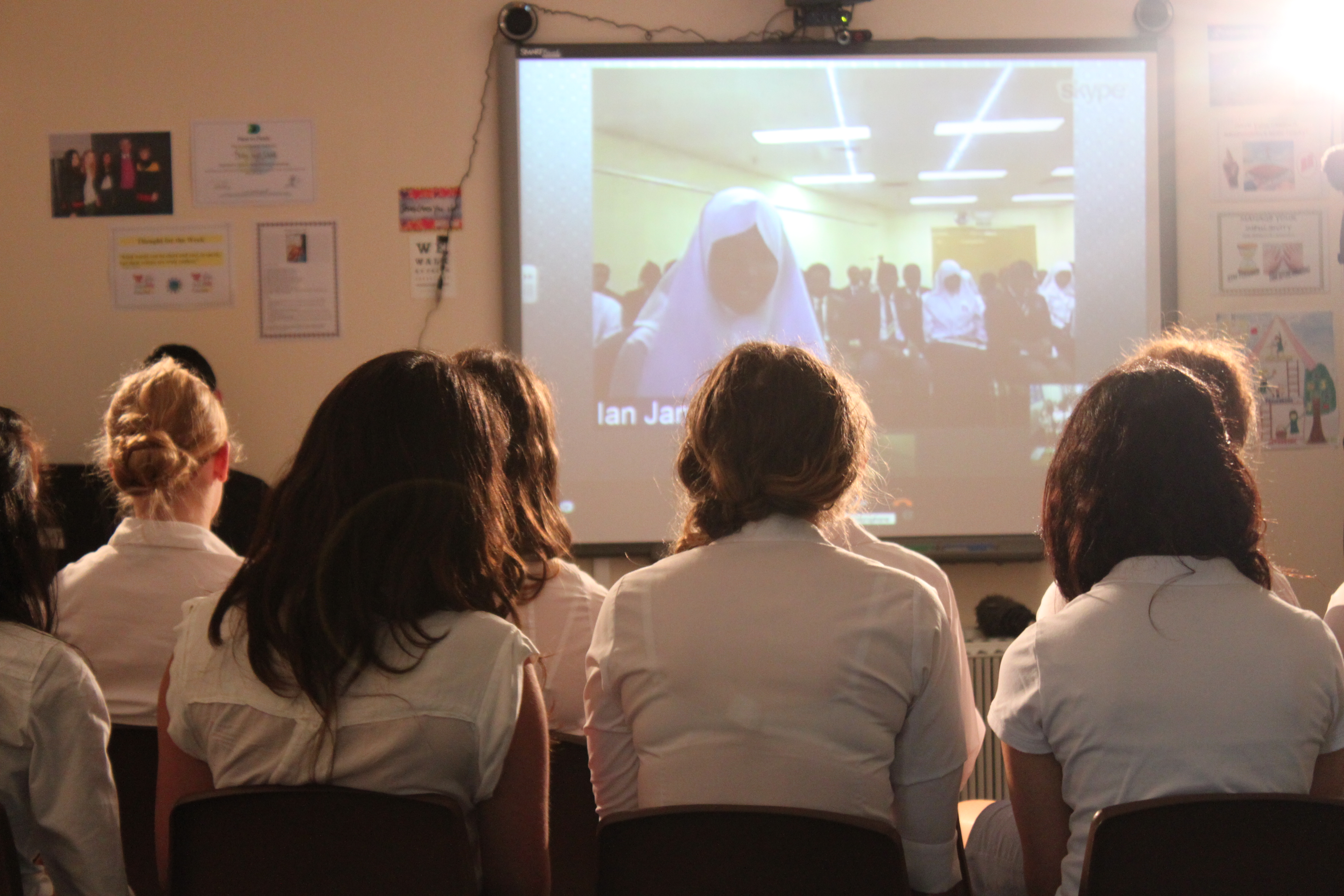Black Boys in Crisis: Eliminating the School-to-Prison Pipeline

In this series, appropriately titled “Black Boys in Crisis,” I highlight the problems facing black boys in education today, as well as provide clear steps that will lead us out of the crisis.
Black boys are a student demographic that has been and continues to be, misunderstood in public school classrooms. Black boys’ learning styles and social skills are often misconstrued as problems by educators. Those who have disadvantaged home lives are often accustomed to activity rather than sitting still, and to shouting and argument as a means of communication. These do not translate well to the classroom. The result is that black boys do not receive the most effective forms of discipline, lessons, and peer interaction opportunities. Many are slipping through the proverbial cracks and not learning at their potential levels. That lack of learning leads to higher school dropout levels, higher rates of poverty, and, ultimately, higher incarceration rates.
High-school dropouts in all demographics have a higher likelihood of incarceration at some point in their lives. The reasons are myriad; however, one of the main issues is economic. A black boy who drops out of high school simply does not have the educational background to land a high-paying job. He may wind up trying to make ends meet by engaging in petty crime. This may include thievery; it may include selling drugs. Increasingly, though, black boys are incarcerated for acts that should not have put them in prison: for being in the wrong place at the wrong time, for talking back to an officer, for being suspected of smoking marijuana. Or, like Kalief Browder, they are simply unjustly incarcerated for crimes they did not commit. All too often, this unjust punishment has a basis in racism.
The school-to-prison pipeline indicates that there is a relationship between minority young men who are disciplined in K-12 settings through suspensions and expulsions and those who end up incarcerated later in life. Here are the alarming statistics:
- Black students are nearly four times as likely to face suspensions as their white peers
- Suspensions of black high school students have increased eleven times more quickly than white peers since the 1970s
- Students suspended during their freshman year are two times as likely to end up dropping out of high school
- Nearly 68 percent of all men in federal prison never earned a high school diploma.
Breaking this down by state leads to more troubling statistics. In Indiana, 95 percent of all suspensions in 2002–2003 occurred as a result of minor offenses, such as disruptive behavior. In Colorado, one in every seven black students is disciplined in schools, though just one in every twenty-five white students faces the same disciplinary actions. A study published by the University of Pennsylvania reports that black students make up 39 percent of students suspended in Florida, though they only account for 23 percent of the public school population in the state. The study notes that black students are suspended and expelled more due to “unfair discipline practices” and appearing “disrespectful or threatening.”
Drilling down to the county level throws up even more dire statistics. In Orange County in central Florida, black students represent 51 percent of the students suspended, though they account for just 27 percent of the county’s public school population. And in the Chicago public school system, over a third of African-American boys were suspended at some point during the 2013–2014 school year.
Eighteen percent of the nation’s public school students are black, but an estimated 40 percent of all students that are expelled from US schools are black. This makes black students over three times more likely to face suspension or expulsion than their white peers. When you add in Latino numbers, 70 percent of all in-school arrests are black or Latino students. Match this to the 61 percent of the incarcerated population that is black or Latino—despite the fact that these groups only represent 30 percent of the US population when combined.
Approximately 250,000 teens are tried as adults every year, sometimes for minor offenses that stem from school scuffles. In North Carolina and New York, for example, all sixteen- and seventeen-year-olds are automatically tried as adults. Students led from school in handcuffs due to disruptive behavior are suddenly facing an adult record that puts them at risk of not getting into college or finding a stable job. Almost always, the problems that led to their arrest are better suited for mediation within the school walls—an issue we’ll look at later on in this series.
As noted earlier, students who drop out of high school have a much higher chance of ending up in prison. The fact that black students are suspended at much higher rates than their white peers points to a direct correlation between discipline in grade school and a place in a prison cell.
Given the above, the fact that the US has the highest incarceration rate in the world is no surprise. The road to lockup starts in the public school systems—and it starts with unfair punishment.






